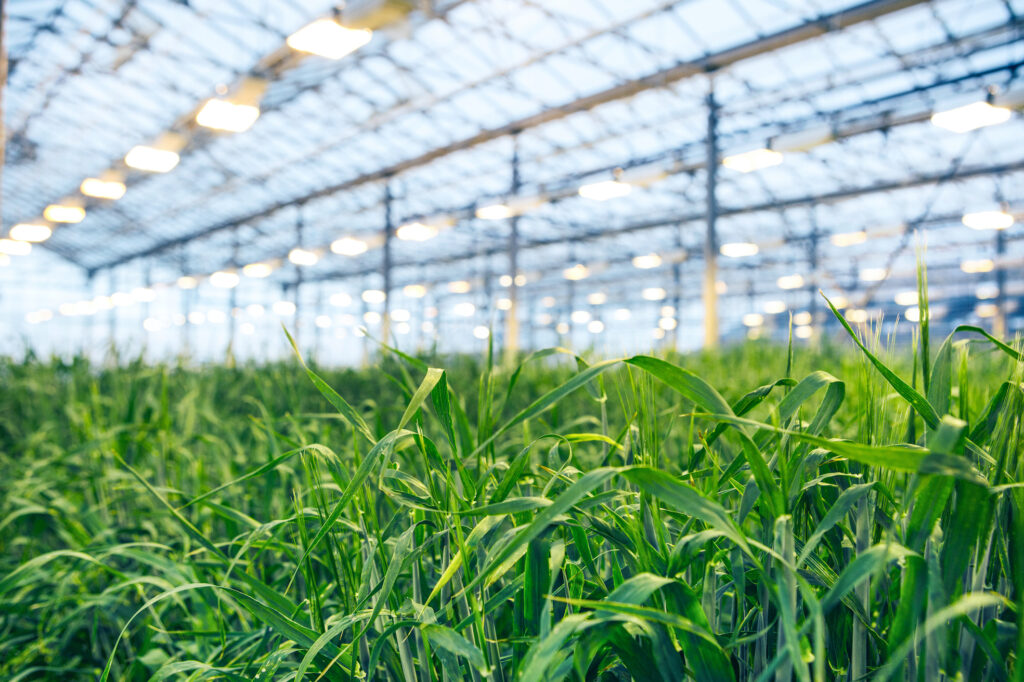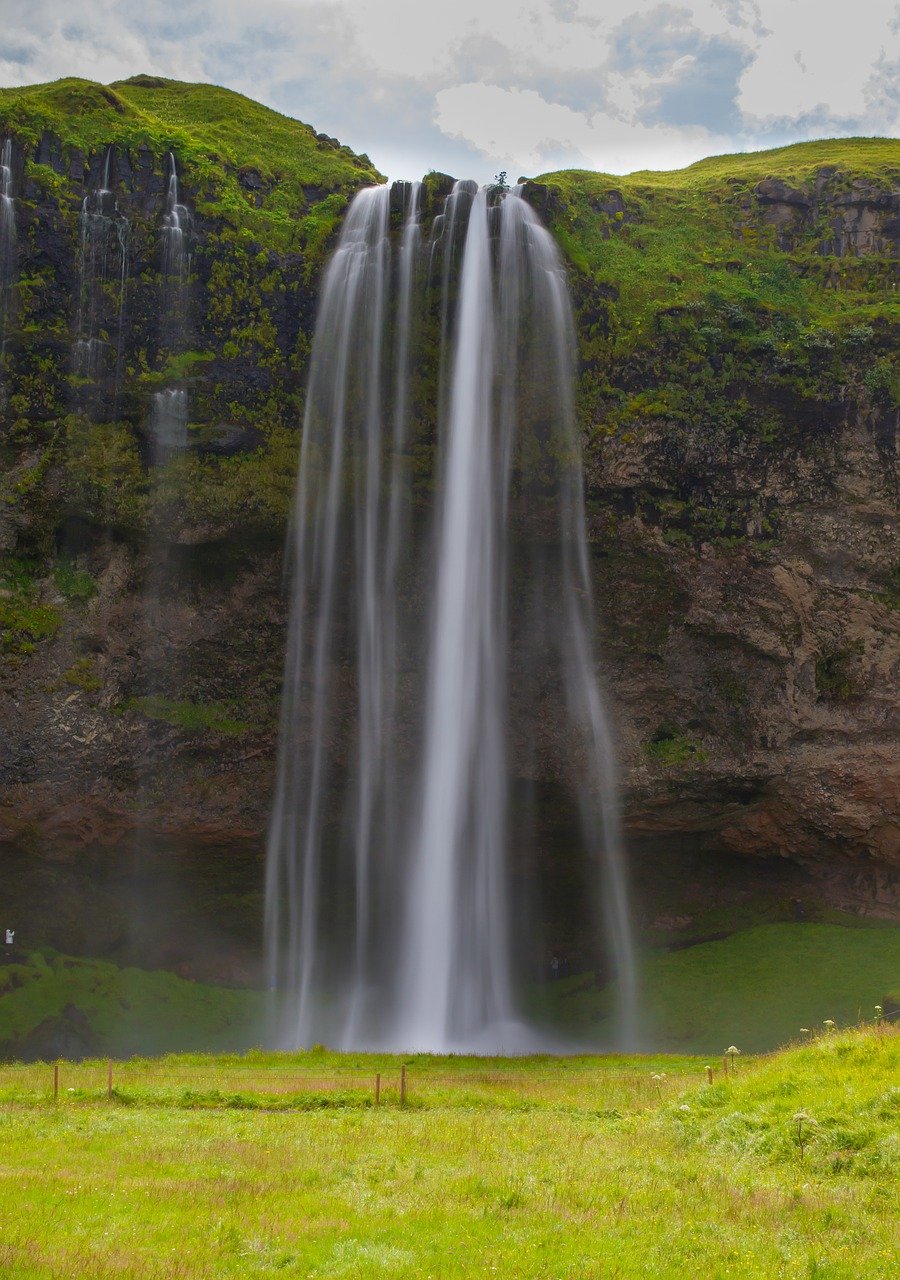The tiny country is a world leader in renewable energy.
Iceland is a tiny nation as far as population is concerned, standing at a mere 372,520. Yet despite this, the country plays an outsized role in the renewable energy sector, which is in part because of its unique geographic and geological conditions.
The unique characteristic of Iceland is that it is one of the countries in the world with the highest proportion of energy that is generated from renewable sources.
Together hydropower and geothermal energy account for close to 100 per cent of electricity, meaning Iceland is one of the only countries on earth to go close to being 100 per cent renewable for its electricity generation.
It achieves this feat by a mixture that stands at circa three-quarters hydropower with the remaining quarter coming from geothermal sources. The country has a lot of experience in managing hydropower installations, with the first large-scale hydropower project taking place in 1904.
The cheap energy provided by its extensive geothermal resources enabled several companies to benefit from the efficiencies enabled by its unique geology.
Iceland is in fact home to one of the largest geothermal power plants in the world, the Hellisheiði Power Station, the largest geothermal plant in Iceland. It has a capacity of 303 megawatts of electricity. It is owned by ON Power, a subsidiary of Reykjavik Energy, which is itself 94% owned by the City of Reyjkjavik.
As well as its usage in electricity generation geothermal energy is used to heat homes in Iceland as well as for the supply of hot water in homes. Over 90% of hot water in Iceland comes from geothermal sources.
Recent innovations in Iceland have focused on improving the synergies between prospective and more developed companies and utilising the country’s extensive geothermal reserves.
Power me up
Among the Icelandic companies pioneering new techniques are Snerpa Power and Laki Power.
Snerpa Power, founded by Iris Baldursdottir and Eyrun Linnet helps companies manage their energy efficiency using software that manages energy load.
Baldurdottir worked at several European businesses and holds a degree in electrical engineering. Meanwhile co-founder and chairman Linnet has a similar background, as well as serving at Rio Tinto Alcan, an aluminium smelter in Iceland.
The company was founded in 2022 and currently has test pilots with several different energy operators.
Laki Power is another interesting Icelandic company. Led by CEO Osvaldur Knudsen, who has had a career in finance including stints at Islandsbanki as well as several travel companies, Laki offers a unique proposition.
Laki Power is a grid monitoring specialist that works by offering a round-the-clock service that assesses operators to risks such as wildfires, icing or vibrations that disrupt the lines.
The technology offered by Laki also includes drones that monitor the lines for any disturbances as well as thermal imaging systems.
Carbs can help
The unique interplay of the geothermal energy in Iceland and the many companies that are utilising it creates several unusual synergies.
Carbfix is one company that is doing a great deal to foster change in the energy mix.
Founded in 2007, its original founders were the University of Iceland, the French National Center for Scientific Research (CNRS), Reykjavik Energy and the Earth Institute at Columbia University.
The technology works by capturing carbon dioxide and then injecting it into the ground into basaltic rock formations. Basalt rock contains minerals that react when injected with C02 to permanently immobilise C02 through creation of stable carbonate minerals.
It is an unconventional form of Carbon Capture and Storage (CCS) that uses C02 that has already been emitted into the atmosphere rather than capturing it at source.
In the future the company hopes that the technology could be used to capture C02 from power plants and factories directly into the ground.
I can’t get enORF of it

ORF Genetics is a great example of a company that has used geothermal energy in an unexpected manner to run its operations.
ORF is a biotech company that specialises in the production of recombinant proteins.
One of the benefits of it being in Iceland is that it is able to use the geothermal energy for a number of its operations.
Geothermal energy is used both for heating and for electricity generation at ORF’s facility and this represents an innovative example of a company taking advantage of Iceland’s natural resources to enable efficiencies at a lower cost/price point.
Recycle of life
Surprisingly, Iceland is not at the top of European league tables when it comes to recycling.
Pure North is a company that boasts of its low carbon footprint, claiming to be 81.7 per cent lower than the EU average.
The company is based in Hveragerði in Southern Iceland. It is unique globally as it is powered entirely by geothermal energy. The company says that it already is responsible for circa 35%-40% of all the plastic waste produced annually by Iceland
Iceland is in a unique situation given its geothermal resources. These enable it to not only provide for much of its citizens energy and heating needs, but to give access to companies looking for cheap energy and with 24/7 availability.
Other than Iceland, the likes of Kenya and Indonesia are significantly blessed with major geothermal assets, however both countries have a very long way to go to even come close to the developments made by Iceland in terms of the proportion of energy generated.
This is perhaps also a very unfair comparison given that Indonesia has almost one thousand times the population of Iceland, which is close in population to the borough of Newham in East London.
Given that, the key lessons that can be learned from Iceland is the key integration of the business community and the renewable energy sector to produce synergies that have resulted in Iceland being able to generate creative partnerships that combine energy-intensive industries with cheap geothermal resources.

Be the first to comment on "Iceland — land of geysers to sprout new hope for energy market"